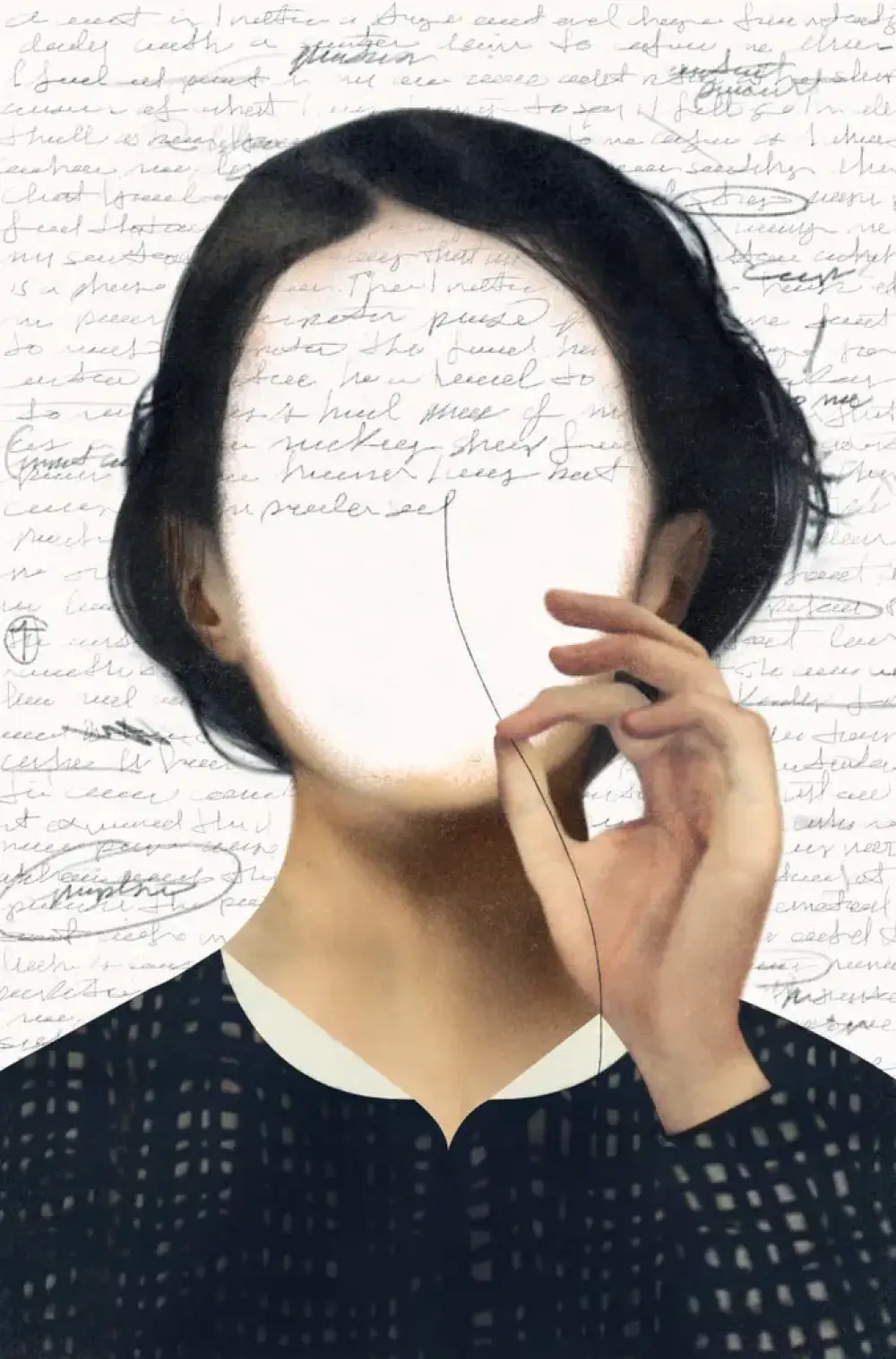
Tranh cãi gay gắt: AI đang thúc đẩy hay phá hủy tư duy sáng tạo con người?
-
Bài viết tập hợp nhiều ý kiến phản hồi từ độc giả về tác động của AI (đặc biệt là ChatGPT) đến giáo dục, sáng tạo và công bằng xã hội, phản hồi bài luận của Meghan O’Rourke trên The New York Times.
-
Seth Torkelson-Regan, nhà giáo dục công lập, đề xuất quay về viết tay và đọc trực tiếp trên lớp để học sinh tránh "ủy thác tư duy" cho AI. Ông nhấn mạnh rằng học không chỉ để có điểm, mà là để thay đổi bản thân.
-
Nathan Delson, giáo sư kỹ thuật tại UC San Diego, đề xuất tăng cường thuyết trình miệng để phát triển kỹ năng tư duy phản biện không thể thay thế bằng AI. Dù tốn thời gian, đây là cách hiệu quả để rèn luyện tư duy và giao tiếp thực chất.
-
Margaret McGirr, một nhà văn cao tuổi, chia sẻ rằng “tai nghe văn” là công cụ chỉnh sửa chính xác hơn cả AI. Với bà, không AI nào có thể "nghe" để đánh giá văn bản hay như người có cảm thụ ngôn ngữ.
-
Aaron Fagan, từ Texas, lên tiếng về đạo đức và lao động ẩn sau AI. Ông nhấn mạnh rằng ChatGPT chỉ có thể hoạt động nhờ vào công sức của lao động giá rẻ ở các nước phương Nam, vốn không được ghi nhận hay thừa nhận công khai.
-
Một nhà văn khác phản biện O’Rourke, cho rằng AI có tiềm năng dân chủ hóa khả năng biểu đạt, đặc biệt với những người bị loại trừ khỏi hệ thống giáo dục tinh hoa. Thay vì lo ngại học sinh dùng AI để “né tránh tư duy”, nên tập trung giúp những người thiếu vốn học thuật bộc lộ ý tưởng.
-
Quan điểm này nhấn mạnh rằng AI không chỉ phục vụ người có đặc quyền, mà có thể là cơ hội cho những người bên lề xã hội được cất tiếng nói.
-
Cuối cùng, cuộc tranh luận xoay quanh ý nghĩa của giáo dục, sự phát triển tư duy đích thực, và trách nhiệm đạo đức khi dùng AI trong đời sống sáng tạo và học thuật.
📌 Nhiều giáo viên và học giả cảnh báo rằng AI có thể làm thui chột tư duy sáng tạo nếu không kiểm soát, trong khi những người khác khẳng định AI giúp mở cánh cửa cho người bị gạt ra ngoài hệ thống học thuật. Từ tranh luận đạo đức đến cách tiếp cận giáo dục, AI đang đặt ra thách thức căn bản về cách ta học, dạy và sáng tạo trong thời đại mới.
https://www.nytimes.com/2025/07/27/opinion/ai-schools.html
Being Creative With A.I., for Better or Worse
Grand Rapids, Mich.
San Diego
The writer is a senior teaching professor in the mechanical and aerospace engineering department at the University of California, San Diego.
Webster, Mass.
Tyler, Texas
Thảo luận
Follow Us
Tin phổ biến



